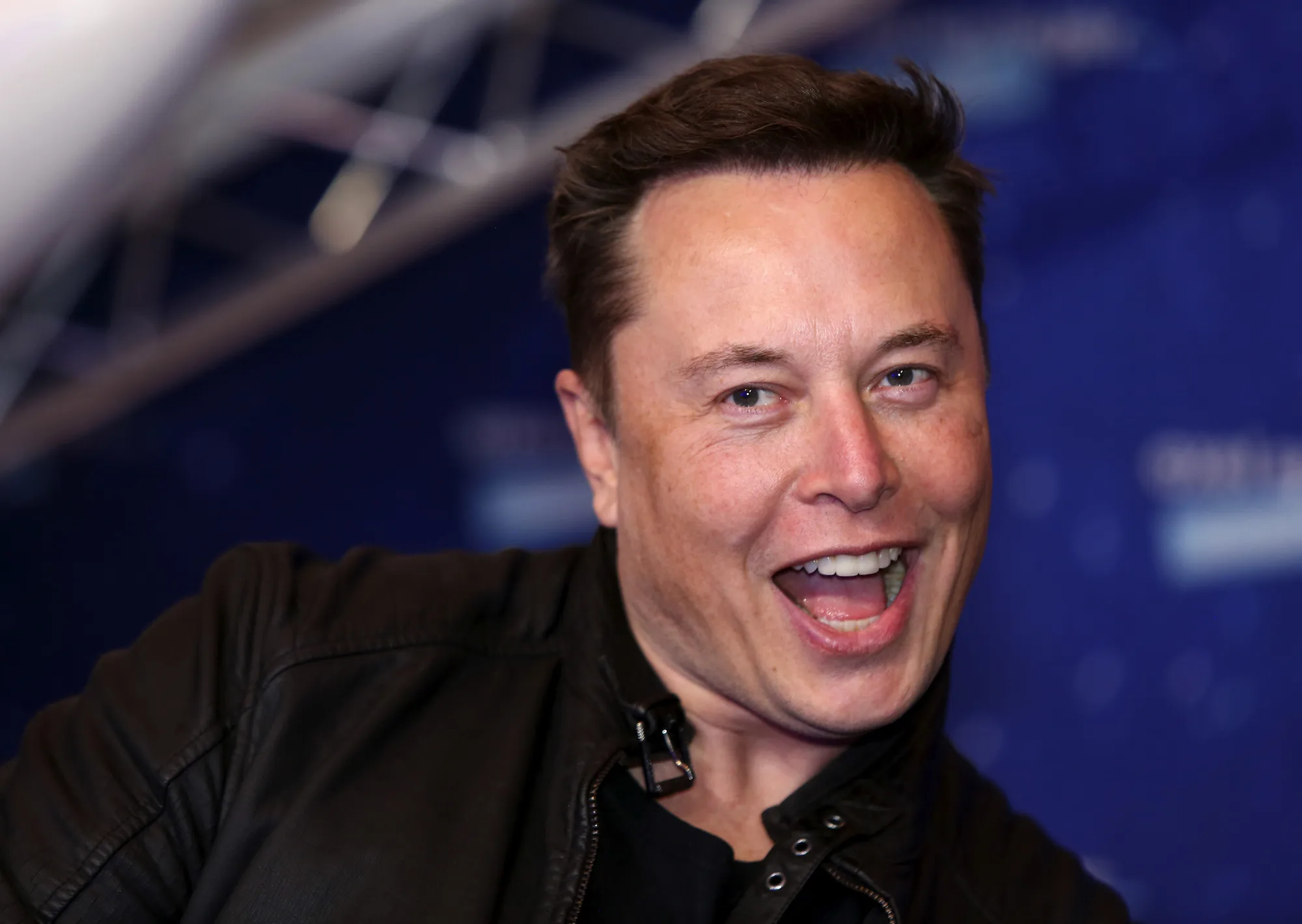Elon Musk has become a household name. We know him as the brilliant, forward-thinking tycoon behind SpaceX, Tesla, and until recently, Twitter. A self-proclaimed workaholic, Musk’s mantra pushes the limits of innovation, and his companies reflect his determination to defy norms, all while amassing a vast personal fortune. Yet, there is a glaring paradox in Musk’s business model, a contradiction that becomes apparent when one lifts the curtain of his ventures. This paradox, simply put, is his ambivalent relationship with government subsidies.
Mr. Musk, as the public may recall, is no fan of subsidies, at least not in speech. He has been vociferously critical of government interventions in business and has often touted the virtues of a free and competitive market. However, it is quite the irony that while his rhetoric lambasts government handouts, his corporations have substantially benefited from them.
It’s a fact that government subsidies have been an integral part of Tesla’s growth story. The electric vehicle manufacturer has received billions in subsidies, coming in various forms ranging from tax incentives to grants. While the overall goal of these subsidies is to boost the development and adoption of clean energy – a noble cause, no doubt – they also serve to prop up businesses that might otherwise struggle to remain competitive in a free market.
These subsidies and incentives have undeniably been instrumental in bolstering Tesla’s balance sheet. One could argue that without them, Tesla might not have weathered the stormy seas of the highly competitive auto industry. Yet, Musk has been somewhat dismissive of their impact. In interviews, he’s downplayed the role of subsidies in Tesla’s success, brushing them off as trivial in the grand scheme of his company’s triumphs.
Similarly, SpaceX, Musk’s ambitious space transportation venture, is no stranger to government funding. The company has secured lucrative contracts with NASA, effectively receiving millions in taxpayer money. Yet again, Musk’s rhetoric on subsidies seems to be at odds with his actions.
The hypocrisy in this scenario is glaring. On one hand, Musk publically decries government intervention, portraying himself as a champion of free market capitalism. On the other, his companies are receiving significant financial backing from the very entity he criticizes.
To illustrate this dichotomy further, let’s examine Musk’s recent assertion that working from home is “morally wrong.” It’s a provocative statement, particularly given the present context of an ongoing pandemic and the surge in remote work. Yet, as with subsidies, Musk’s rhetoric doesn’t align with his actions. He’s unyielding in his expectation that Tesla and SpaceX employees show up in person, arguing that productivity demands it, while lambasting the very notion of remote work. Meanwhile, he comfortably conducts high-level decision-making from wherever he happens to be.
The double standards represented by these contradictions raise significant questions. Does Musk truly champion the free market, or does he merely use it as a prop in his public persona? Are his dismissals of the significance of government subsidies a form of damage control, or are they a testament to his unwavering belief in his ability to succeed without them?
Furthermore, we must consider the implications of these contradictions. If Musk’s ventures are, indeed, as reliant on government funding as the data suggests, what happens if those funds dry up? Or, more pertinently, what if those funds become attached to expectations of societal responsibility? As we’ve seen, Musk isn’t too keen on government-mandated protocols, particularly when they impact his businesses.
In conclusion, Elon Musk’s relationship with government subsidies is a study in contradiction. While he publically espouses free-market principles and decries government intervention, his businesses have, time and again, benefited significantly from government aid. This paradox paints a picture of a billionaire who is more than willing to accept the spoils of public funding while vehemently rejecting the idea of the public good. It is a narrative that, at the very least, warrants more scrutiny, and at its worst, reveals a disturbing level of hypocrisy.
As a custodian of the public’s trust and funds, Musk needs to reconcile his actions with his rhetoric. After all, integrity and consistency are, at the end of the day, the bedrock of any venture, be it in electric vehicles, space travel, or social media. And if these subsidies continue to underpin his ventures, it might be time for Musk to acknowledge the role that they play, rather than dismiss them as an inconvenient truth.



